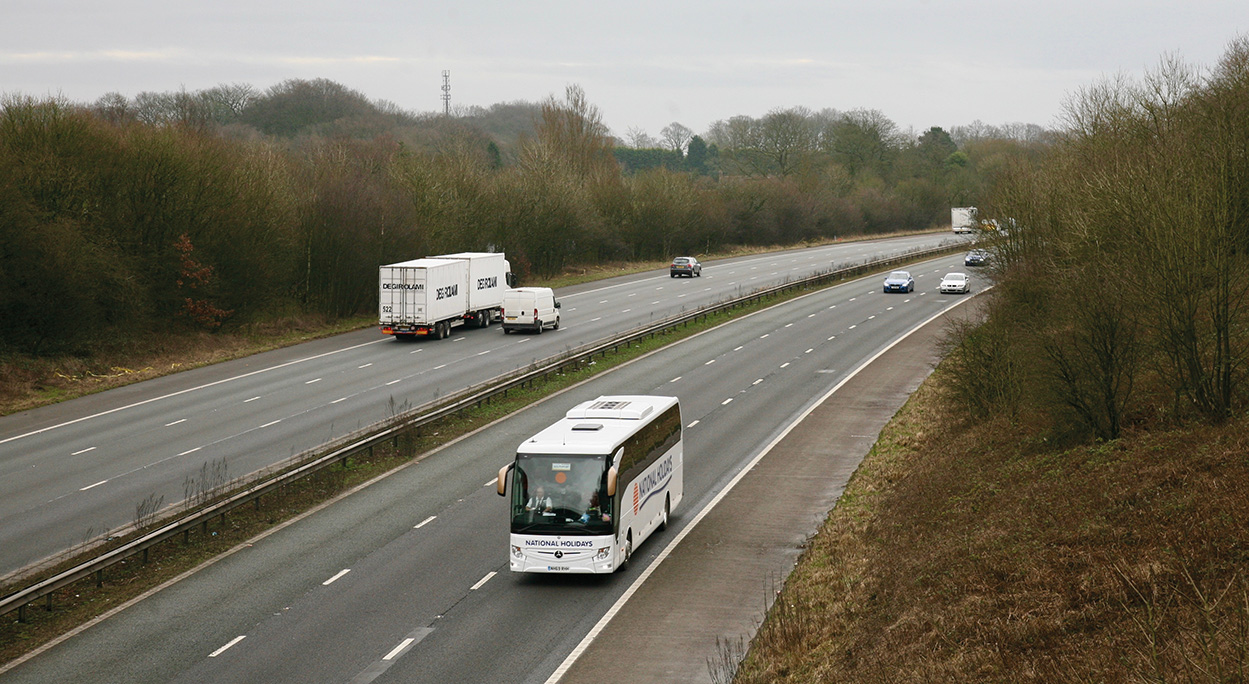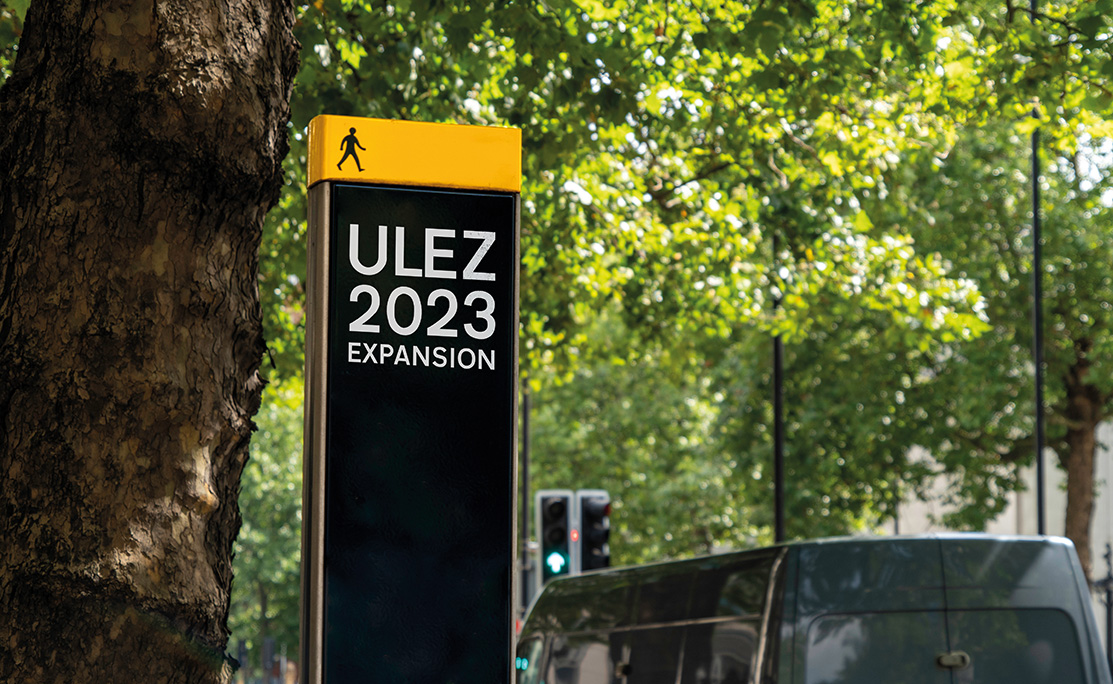RHA’s development of a decarbonisation roadmap hopes to address concerns over the lack of a clear path to support the transition from diesel
It was interesting to read in routeone the Roads Minister acknowledging the similarities between coaches and HGVs in the context of net zero.
Richard Holden also says that coaches and buses are “different industries with different models”, which underlines the point – something our coach members have been saying for a long time.
This is a theme we’ll be talking about as we set out to develop a decarbonisation roadmap through our Net Zero Forum. We’re bringing together members, manufacturers and other stakeholders as we start that journey.
Coach operators and hauliers alike are increasingly frustrated at the lack of a clear path to support the transition from diesel. They need clarity and certainty to plan how they’re going to invest for the future. How will their vehicles be powered in the long term? What about the interim? What’s the charging/fuelling infrastructure going to look like as diesel phases out? Will it be sufficient? What support will government give businesses as they decarbonise?
Range remains a barrier for firms to invest in non-diesel vehicles. Many operators, including those doing long-distance journeys, will still be reluctant to make the move. Costs for new, non-diesel coaches are prohibitive, and the infrastructure to power them too little and far between. This is a double whammy for SMEs unsure of what to do next.
But, despite a lack of clarity from government which has set ambitious net-zero targets but has yet to articulate how we’re going to get there, the penny might be dropping.
It looks like our coach members’ voices are starting to get through.
For an industry which has been perennially ignored and misunderstood, it’s reassuring that the minister recognises that coaches and buses operate differently. He gets it that coaches, like trucks, don’t necessarily return to depot overnight. There’s an acceptance that coaches will follow HGVs on the decarbonisation journey rather than buses, which are further down the net zero road.
But there’s much more we need to do to. We must continue pushing the point that coach travel is one of the lowest emission forms of long-distance and international travel, comparable to rail travel. Government must learn from the policy mistakes such as the Clean Air Zone framework which disproportionately hits larger vehicles and fails to adequately target emissions sources.
In practical terms, the market for low-emission coaches is still in its early days. One of our asks of government is to increase the availability of low-carbon alternative fuels and help coach operators support our shared environmental and air quality goals.
The industry needs actions to stimulate the development of battery-electric and hydrogen fuel cell-electric coaches, with a focus on the distinct role coaches play compared to buses and other vehicles.
There’s a long way to go. Firms aren’t getting the clarity they need, which is why we’re taking the initiative through our Net Zero Forum, starting this month. Our members have been frustrated for too long, but we’re positive. Helping government to understand the needs of operators is key to addressing them – and Mr Holden’s comments are encouraging.



























